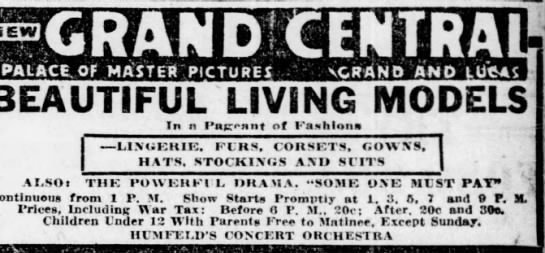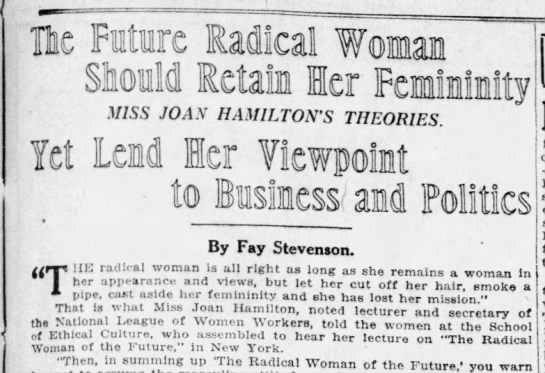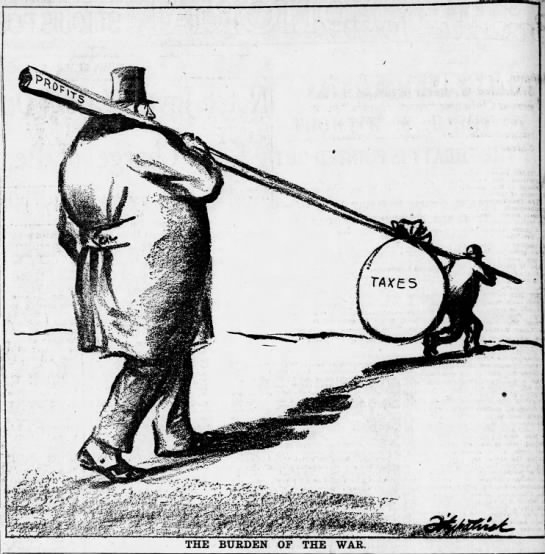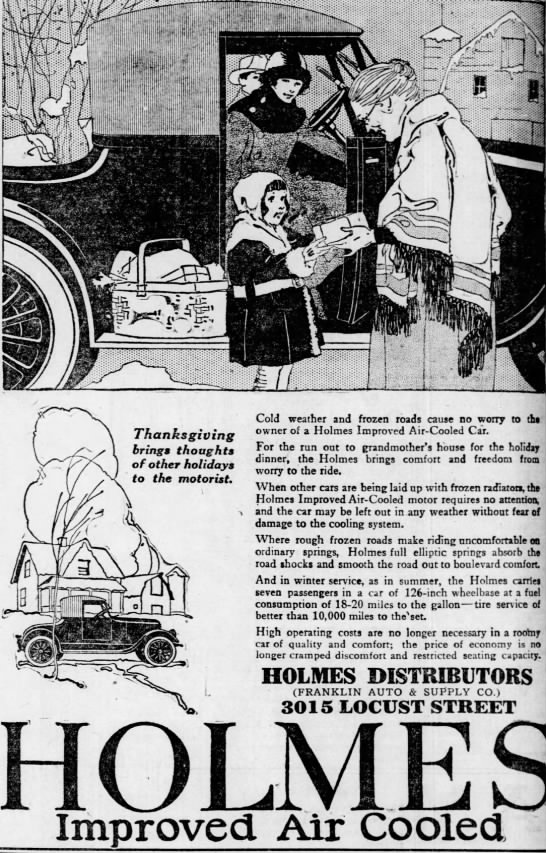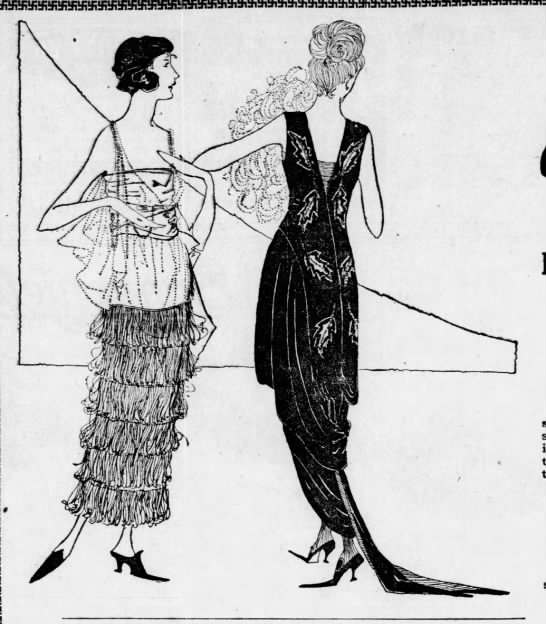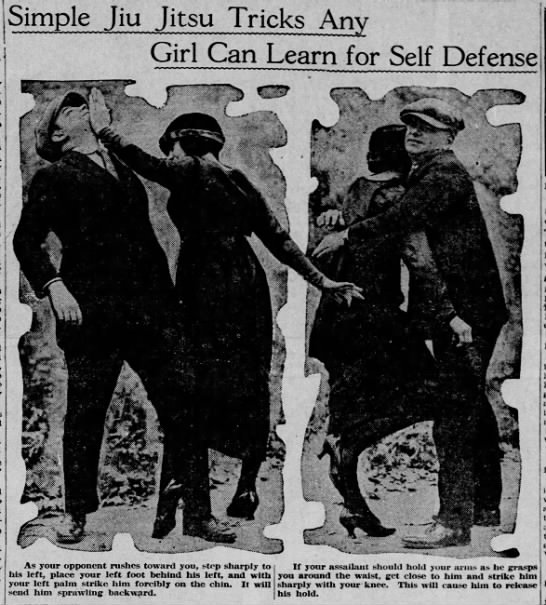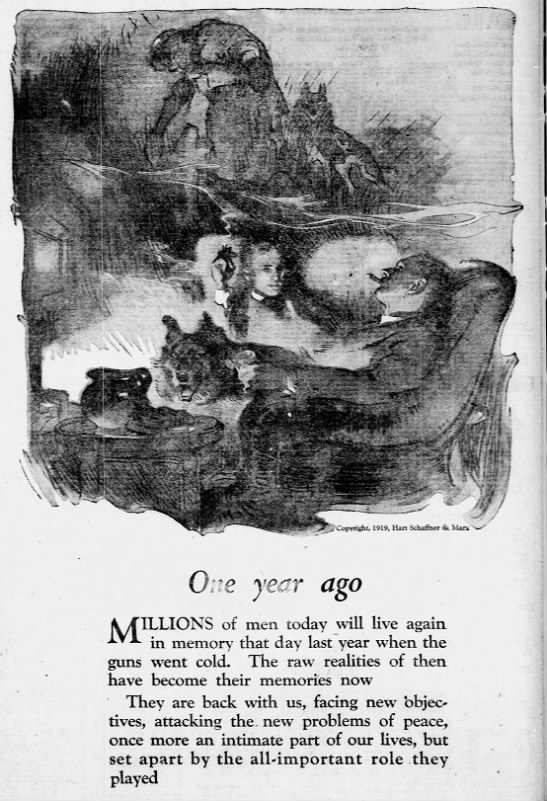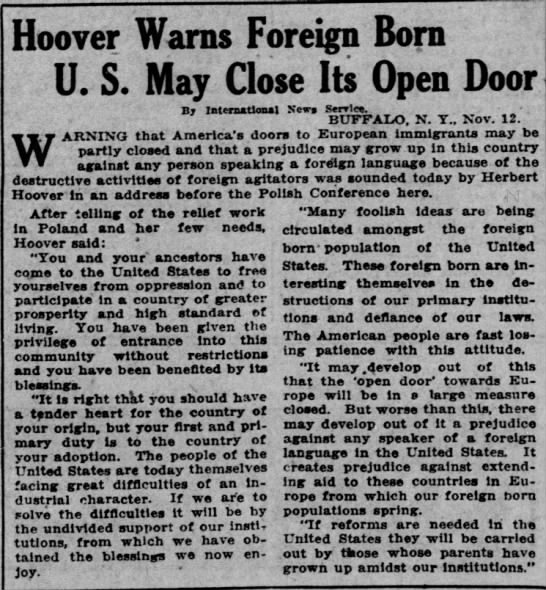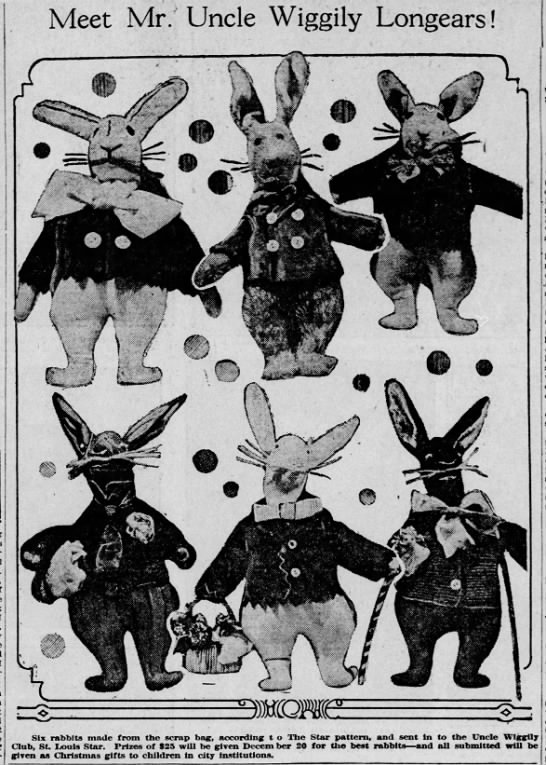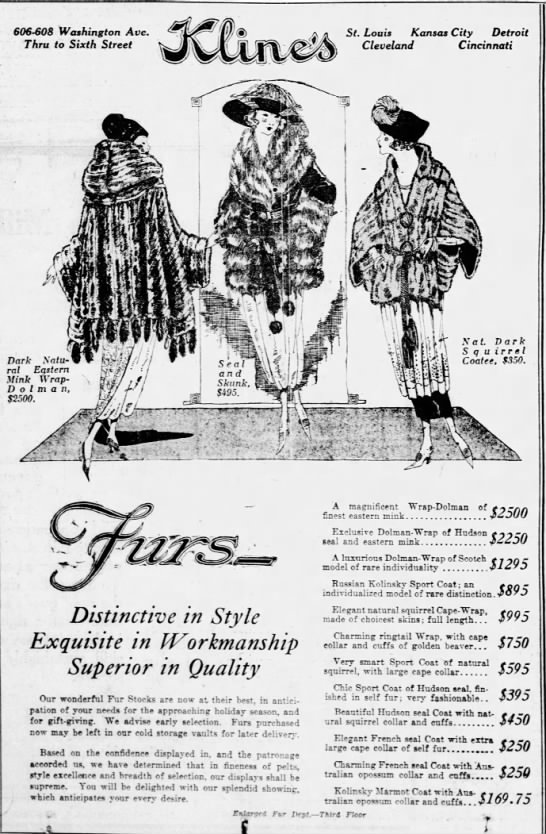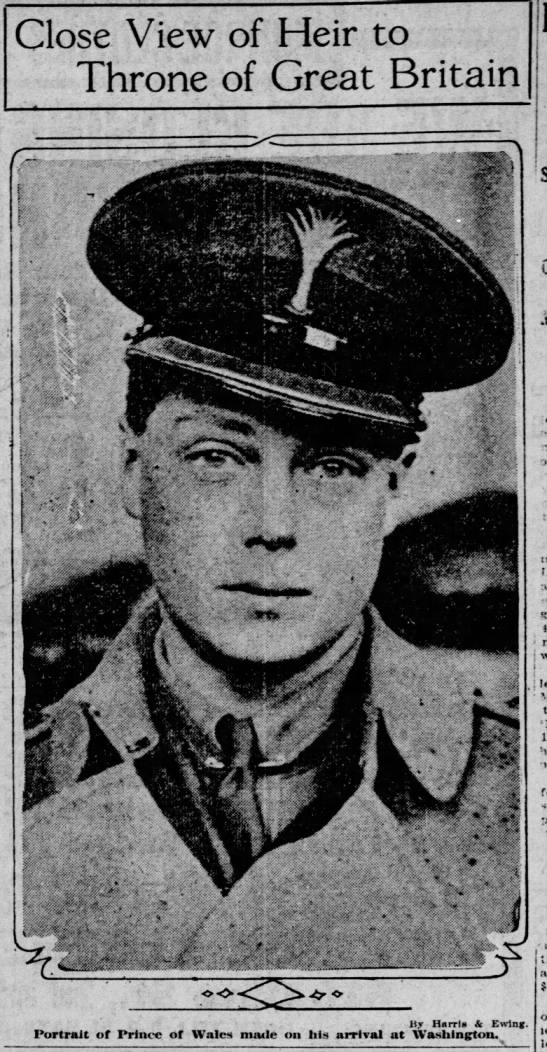Glowing reviews of Ann Patchett's newest novel
The Dutch House impelled me to snatch it up as soon as it appeared on the new release shelf at the public library.
The story of siblings Maeve and Danny Conroy whose mother disappears and is replaced by an evil stepmother is like a fairy tale, especially when after their father's death their stepmom exiles them from their home to fend for themselves. The abandoned children, like Hanzel and Gretel, have only each other.
The story of family trauma and the inability to move on resolves into a kind of
Howard's End moment, and it all centers on the Dutch House. The house is what divided the family. There are those who belong to the house, those who lust for it, those who love it, and those who desire it. Who controls the house is central to the novel.
The Dutch House is a historic mansion in Elkins Park, Pennsylvania, built in 1922 as a country refuge for a wealthy Dutch family. WWII veteran Cyril Conroy was a frustrated architect who became a real estate tycoon. He bought the Dutch House and all its contents, planning to surprise his wife Elna.
Elna was unable to accept a life of leisure, living in a mansion. Cyril had pulled her from a convent to be his wife, dividing her from the vocation that kept calling her back. Elna had to make a choice. It wasn't Cyril and her family.
Andrea wanted the house, and married Cyril for the house--and Cyril married Andrea because she loved it as much as he did. The siblings bond with Andrea's young children. Andrea begins the process of disenfranchising Cyril's children, appropriating Maeve's bedroom for her own daughter.
Upon Cyril's early death, the children learn that their father left Andrea his business, house, and money. Andrea proclaims that she never signed on to raise Danny and sends him to live with his Maeve.
There are a few times in life when we leap up and the past you'd been standing on falls away behind you, and the future you mean to land on is not yet in place, and for a moment you're suspended, knowing nothing and no one, not even yourself.~fron The Dutch House by Ann Patchett
Cyril left a trust fund for the children's education as well as Andrea's daughter's education. Maeve had already finished college and was ineligible, so she encouraged Danny to use up as much of the money as possible, attending private school and then going to medical school. Danny had dreamt of taking over his father's business; he loved repairing the buildings and the tenants. Maeve had planned on grad school but now had to support herself.
The siblings held their anger and resentment close, a deep bond between them.
We'd made a fetish out of our misfortune, fallen in love with it.~from The Dutch House by Ann Patchett
Danny asks his sister, what kind of person leaves their kids? And Maeve replies,
"Men! Men leave their children all the time and the world celebrates them for it. The Buddha left and Odysseus left and no none gave a shit about their sons. They set out on their noble journeys to do whatever the hell they wanted to do and thousands of years later we're still singing about it."
Each character in the book, including the caretaker's daughter who became Danny's nanny and the housemaid and cook, has a relationship to the Dutch House. It is the house that bonds them.
I connected with the characters' attachment to a house; after moving as a girl, for years I hoped to grow up and be able to retrieve my first home for myself. I also appreciated how Elna's vocation disrupted her family life; I have seen several clergy marriages crushed by the conflict of family vs. pastoral obligations. And--for seven years we lived near Elkins Park, our son born in the hospital there.
Patchett has given us another fantastic book, filled with memorable characters.

